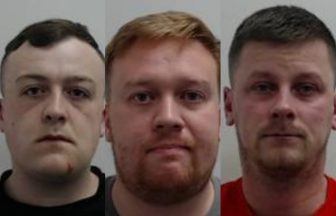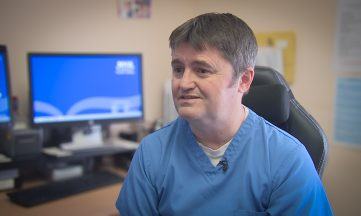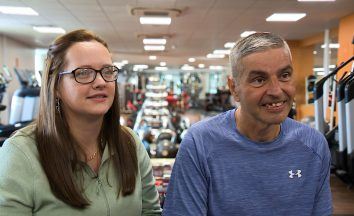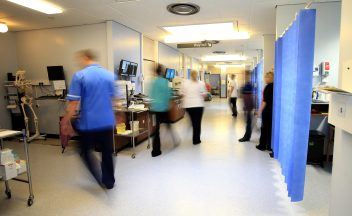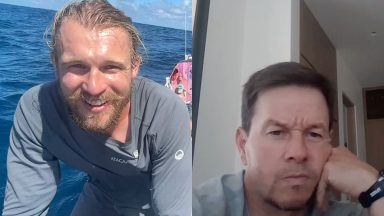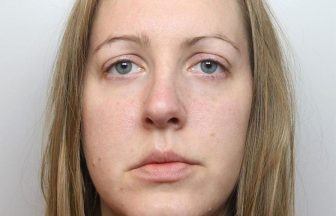Scotland’s junior doctors are set to strike after rejecting a 14.5% pay offer from the Scottish Government.
The NHS medics are poised to walk out for three days next month after the BMA union said years of “pay erosion” had left them with a significant real-terms pay cut since 2008.
The First Minister said medics would be offered “the biggest ever pay deal in the history of devolution” after the initial offer was rejected, with walkouts declared from July 12 to July 15.
It comes as the Scottish Government confirmed senior NHS staff will be given a 6% pay increase following negotiations with the Doctors and Dentists Pay Review Body.
What is a junior doctor?
Junior doctors are qualified doctors in clinical training.
They have completed a medical degree and foundation training and, across their entire career, can have up to eight years’ of working experience as a hospital doctor, depending on their specialty, or up to three years of working experience in general practice.
All junior doctors work under the supervisor of a senior doctor, however there are times when they are the most senior doctor on a ward in their specialty.
| Common titles for junior doctors | Descriptions |
| FY1 | Foundation year one junior doctor |
| FY2 | Foundation year two junior doctor |
| ST | Specialty trainee in a hospital specialty – includes StR (specialty registrar) or have a number signifying the amount of years spent in training, eg ST4 psychiatry |
| SpR | Specialty registrar in a hospital specialty |
| GPST | Specialty registrar in general practice |
| SHO | Senior house officer |
What is the level above junior doctor?
Consultants are senior doctors that have completed full medical training in a specialised area of medicine and are listed on the GMC’s (General Medical Council) specialist register.
They have clinical responsibilities and administrative responsibilities in managing SAS (staff grade, associate specialist and specialty) and junior doctors.
They usually work in hospitals or community settings.
After graduating from medical school, it takes around six to eight years to become a consultant.
What are doctors’ other titles?
Medical student
Medical students typically undertake a five-year course of study for undergraduate or a four-year postgraduate course to become a doctor.
This usually includes two years studying basic medical sciences, followed by three years of more clinical training during which they work in hospital wards under the supervision of consultants.
Specialist doctors
SAS doctors (specialist, associate specialist and specialty doctors) are experienced and senior doctors in permanent posts. They have at least four years of full-time postgraduate training, two of which have been in their relevant specialty.
SAS doctors work in hospitals and have a very ‘hands on’ role with a lot of patient contact.
There are SAS doctors in every hospital specialty and also in community hospitals (eg psychiatry and paediatrics). Some hold jobs in both the hospital and the community (eg gynaecology and sexual health).
Some SAS doctors also work part-time as GPs. SAS doctors therefore work across primary, community and hospital care.
Many SAS doctors have made a positive choice to step into a SAS position from a traditional consultant training pathway. This could be for reasons such as geographical stability and the chance to work regular hours in a chosen specialty. It often provides a better work-life balance.
There are routes, through gaining CESR (certificate of eligibility for specialist registration) or applying for a
training post, for SAS doctors to become consultants if they want to.
General practitioner (GP)
GPs have overall responsibility for the management of patient care outside of hospitals. This includes the diagnosis and treatment of health problems and the referral of patients for specialist treatment where necessary.
Rather than having a specific specialist area, GPs can diagnose many illnesses or ailments, and determine whether a patient needs to see a doctor with more specialist training. They are also increasingly responsible for the management and monitoring of complex chronic illnesses.
Some GP doctors have a GPwSI (GP with a special interest) accreditation, which supplements their role as a generalist to provide an extra area of specialist knowledge.
Follow STV News on WhatsApp
Scan the QR code on your mobile device for all the latest news from around the country


